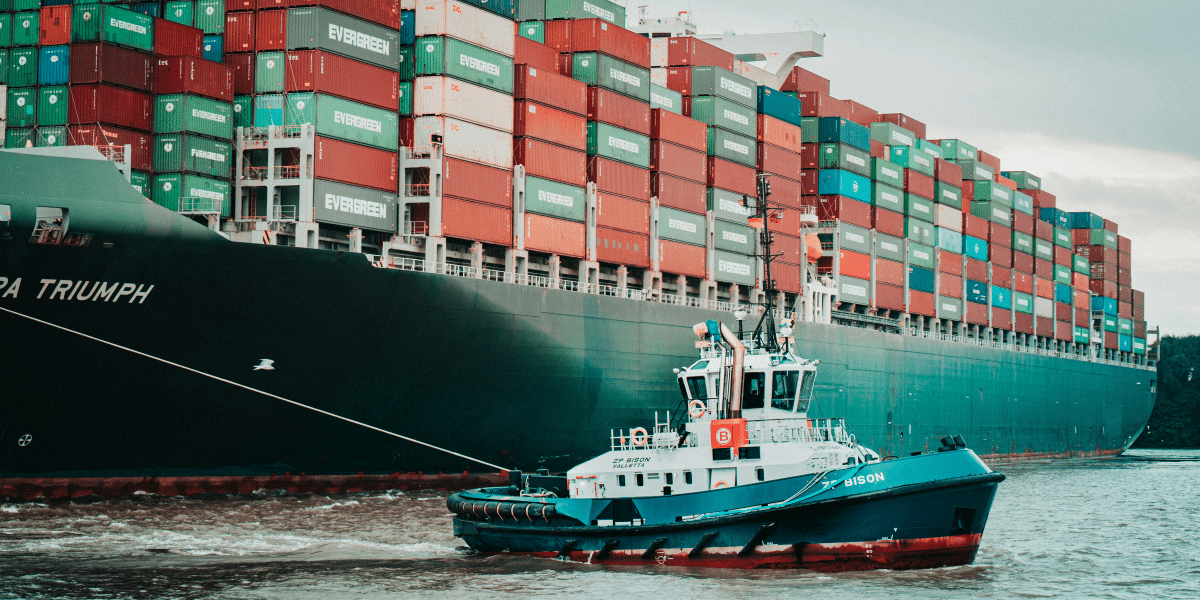In the competitive and fast-paced world of logistics, setting and surpassing industry standards is a critical goal for businesses aiming for excellence. William Maclyn Murphy McRae, with his extensive experience in supply chain optimization, provides a blueprint for achieving this goal. Here’s a deeper look into the strategies and principles that can elevate logistics operations to new heights.
Adopting a Customer-Centric Approach
The logistics industry is increasingly becoming customer-driven. McRae points out that understanding and anticipating customer needs is essential. “In today’s market, it’s not just about delivering goods; it’s about delivering value. We need to ensure that our logistics solutions are aligned with our customers’ expectations, providing them with a seamless and satisfying experience,” he explains. This involves leveraging customer feedback, customizing services to meet specific needs, and constantly seeking ways to enhance the customer journey. By adopting a customer-centric approach, businesses can build stronger relationships with their clients and set a new standard for customer service in the industry.
Leveraging Data Analytics for Informed Decision-Making
Data analytics has revolutionized the way logistics operations are managed. McRae emphasizes the importance of using data to drive decision-making. “With the right analytics tools, we can gain valuable insights into every aspect of our supply chain, from inventory levels to transportation routes. This allows us to make informed decisions that optimize our operations and reduce costs,” he states. By embracing data analytics, businesses can improve their forecasting accuracy, streamline their processes, and enhance their overall efficiency, thereby exceeding industry standards.
Building Resilient Supply Chains
In an era of global uncertainties, the resilience of supply chains has become a top priority. McRae highlights the need for flexibility and adaptability in logistics operations. “We must be prepared to face disruptions, whether they are caused by natural disasters, geopolitical tensions, or market fluctuations. By building resilience into our supply chains, we can ensure that we continue to operate effectively under any circumstances,” he notes. This involves diversifying suppliers, investing in backup systems, and developing contingency plans. A resilient supply chain is not only more reliable but also more agile, setting a new benchmark for operational excellence in the logistics industry.
Investing in Talent Development
The success of logistics operations is heavily reliant on the skills and expertise of its workforce. McRae advocates for continuous investment in talent development. “Our employees are our greatest asset. By providing them with the necessary training and tools, we empower them to excel in their roles and contribute to the success of our operations,” he remarks. This includes offering professional development programs, fostering a culture of innovation, and encouraging cross-functional collaboration. By prioritizing talent development, businesses can enhance their logistics capabilities and exceed industry standards.
Emphasizing Ethical Practices
Ethical practices are increasingly becoming a critical factor in the logistics industry. McRae stresses the importance of maintaining high ethical standards in all aspects of logistics operations. “Adhering to ethical guidelines not only builds trust with stakeholders but also ensures the long-term sustainability of our operations,” he asserts. This involves ensuring transparency, respecting labor rights, and minimizing environmental impact. By prioritizing ethical practices, businesses can differentiate themselves in the market and set a new ethical benchmark in the industry.
Embracing Technological Innovations
The logistics industry is undergoing a technological transformation. McRae underscores the importance of embracing technological innovations to stay ahead. “From automation to blockchain, technological advancements are reshaping the logistics landscape. By adopting these technologies, we can enhance our efficiency, improve accuracy, and offer more sophisticated services,” he explains. This includes utilizing automation for repetitive tasks, leveraging IoT for real-time tracking, and exploring blockchain for secure transactions. By staying at the forefront of technological innovation, businesses can redefine industry standards and establish themselves as leaders in logistics.
Prioritizing Sustainability
Sustainability is becoming a key focus in logistics, driven by increasing environmental concerns and consumer demand. McRae highlights the importance of incorporating sustainability into logistics operations. “Sustainable practices not only reduce our environmental footprint but also lead to cost savings and enhanced brand reputation. It’s about finding the right balance between economic, environmental, and social objectives,” he notes. This involves optimizing routes to reduce fuel consumption, using eco-friendly packaging materials, and adopting green technologies. By prioritizing sustainability, businesses can set a new standard for eco-friendly logistics operations.
Conclusion
Exceeding industry standards in logistics requires a comprehensive and forward-thinking approach. William Maclyn Murphy McRae‘s insights provide a valuable roadmap for businesses aiming to achieve excellence in their logistics operations. By embracing customer-centricity, leveraging data analytics, building resilience, investing in talent, emphasizing ethical practices, adopting technological innovations, and prioritizing sustainability, companies can not only meet but exceed industry expectations. This sets a new benchmark for excellence in the logistics sector and establishes businesses as leaders in this dynamic industry.
Published By: Aize Perez


















